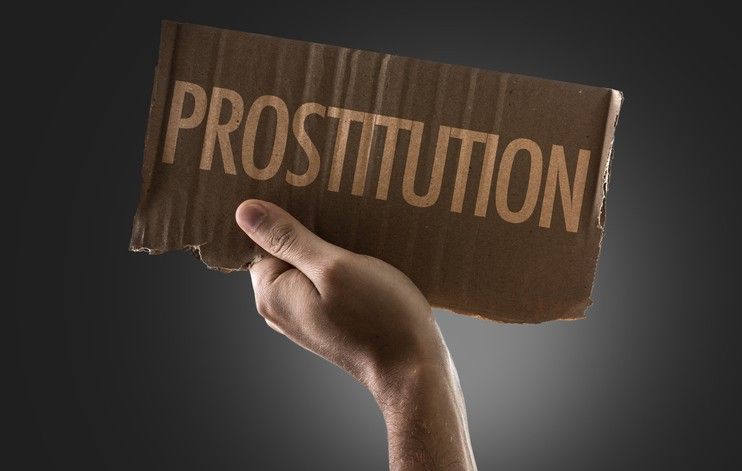Being one of the major cities in the country, Los Angeles deals with a fair amount of prostitution cases annually. As residents, it is crucial to be aware of the laws in place to avoid unintended legal consequences. For that reason, this guide will break down the key aspects of prostitution laws in California, shedding light on what actions are considered illegal and the potential legal ramifications.

What is Prostitution Under California Law?
Prostitution in Los Angeles, like in many other jurisdictions, is generally defined as the exchange of sexual services for money, goods, or other forms of compensation. This can involve various activities, ranging from street solicitation to online arrangements. The key elements typically involve an agreement between the parties to exchange money for sexual acts.
Street Solicitation
One of the most recognizable forms of prostitution is street solicitation. This involves individuals openly offering or agreeing to engage in sexual activities in exchange for money on public streets or in public spaces. Law enforcement takes a strict stance on street prostitution to maintain public order and safety.
Online Prostitution
With the rise of the internet, prostitution activities have evolved. Online platforms now serve as mediums for individuals to arrange sexual services. However, engaging in prostitution through these channels does not exempt individuals from legal consequences. The law in Los Angeles extends to online activities, and law enforcement actively monitors and prosecutes offenses that occur in the virtual world.
Pimping and Pandering
Besides the act of prostitution itself, California laws also address related activities, including pimping and pandering. Pimping involves promoting or facilitating prostitution, typically by managing or controlling the activities of a sex worker. Pandering, on the other hand, involves encouraging or soliciting someone to become a prostitute. Both activities are considered serious offenses under California law.
What are the Legal Consequences of Prostitution in California?
It is crucial to understand the legal consequences of prostitution in California. The legal system takes a robust stance on such activities to maintain public order and ensure the safety of its residents. Some of the legal repercussions individuals may face if charged with prostitution-related offenses include:
- Fines: Individuals convicted of prostitution offenses in Los Angeles may be subject to monetary fines. The fines can vary depending on the nature and severity of the offense. The judicial system often imposes fines as a form of punishment and to deter individuals from engaging in such activities in the future.
- Probation: Courts may opt for probation as an alternative to or in conjunction with fines. Individuals must comply with conditions set by the court during this period. This could be attending counseling or rehabilitation programs, refraining from illegal activities, and regularly reporting to a probation officer. Failure to meet these conditions can result in more severe consequences.
- Mandatory education programs: In some cases, individuals convicted of prostitution offenses may be required to attend mandatory education programs. These programs aim to provide information and support to help individuals understand the consequences of their actions and make informed decisions in the future.
- Incarceration: Prostitution offenses can lead to imprisonment, with the duration varying based on a wide range of factors. Jail time serves as a deterrent and punishment for those found guilty of violating prostitution laws.
What are the Defenses Against Prostitution Charges in Los Angeles?
Facing prostitution charges can be a daunting experience, but individuals have the right to a defense. It is helpful to know the potential defenses, especially when getting through the legal system. Below are common defenses that individuals may employ to challenge prostitution charges in Los Angeles:
- Lack of evidence: A defense strategy often involves challenging the prosecution’s evidence. If there is insufficient or unreliable evidence to prove the alleged prostitution offense, our attorney at Kosnett Law Firm may argue for the charges to be dropped. This could include questioning the credibility of witnesses or challenging the validity of any surveillance or undercover operations.
- Entrapment: Entrapment occurs when law enforcement induces an individual to commit a crime they were not predisposed to commit. If it can be demonstrated that law enforcement coerced or pressured an individual into engaging in prostitution, entrapment may serve as a valid defense.
- Violation of constitutional rights: Individuals have constitutional rights that must be upheld during investigations and arrests. If law enforcement violated an individual’s rights, such as conducting an unlawful search and seizure or failing to read Miranda rights, these violations can be used as a defense against the charges.
Get Legal Help
At the Kosnett Law Firm, we are committed to providing expert legal representation to those facing prostitution charges. All you have to do is get in touch with us and schedule your consultation.






